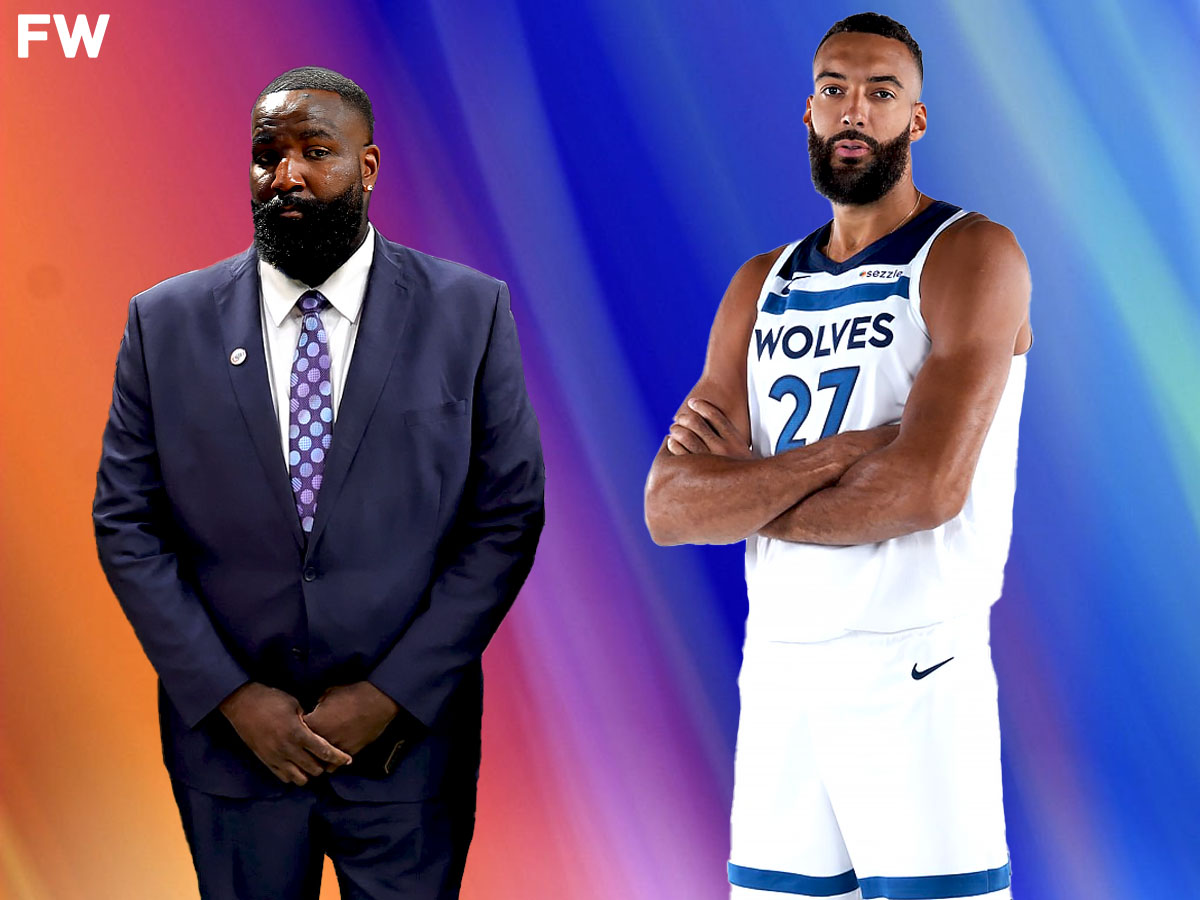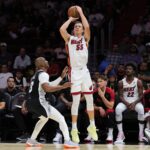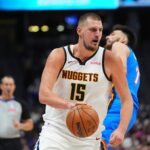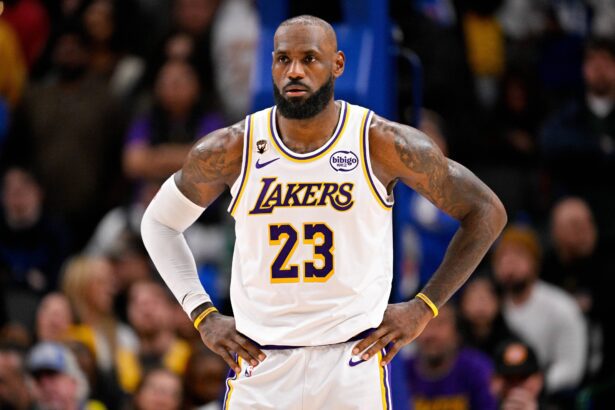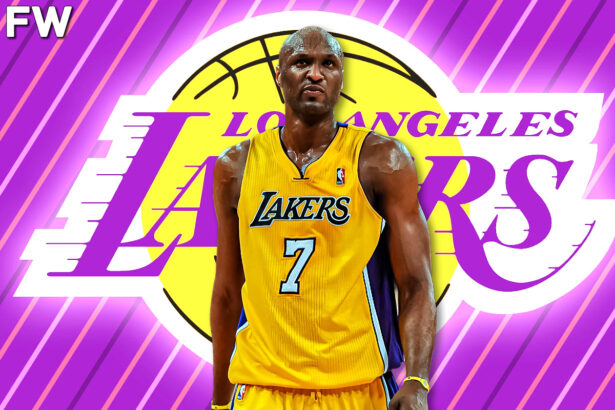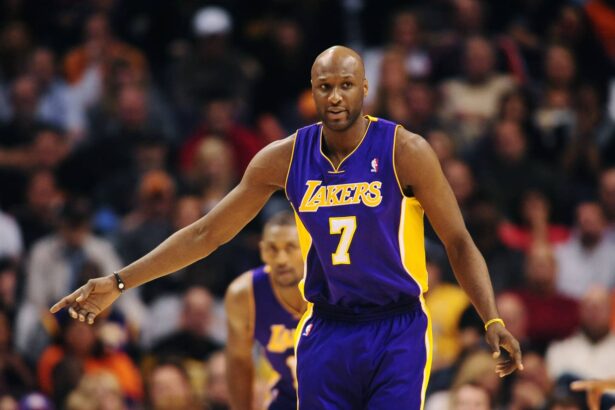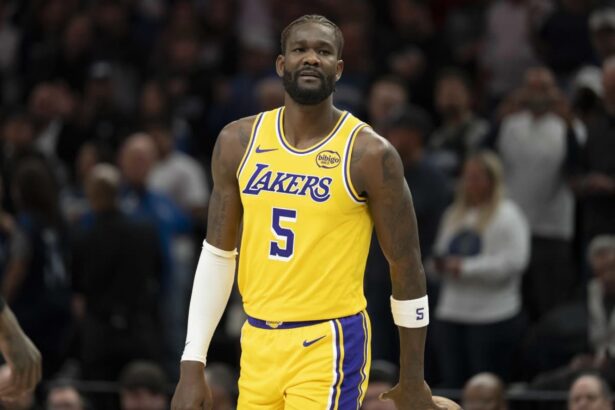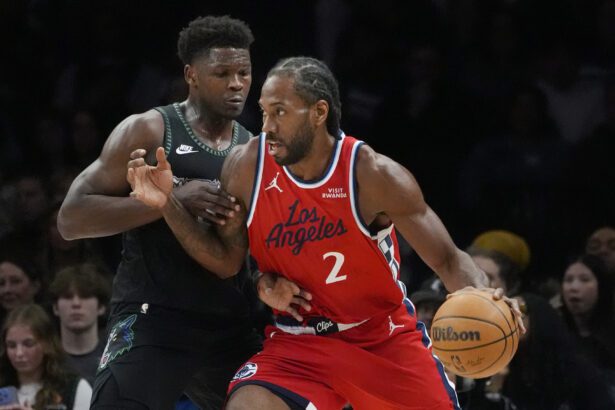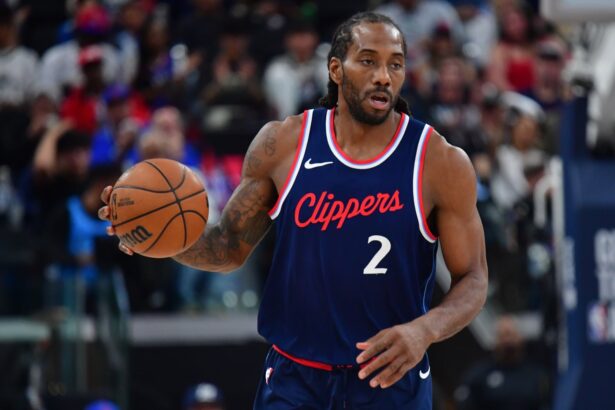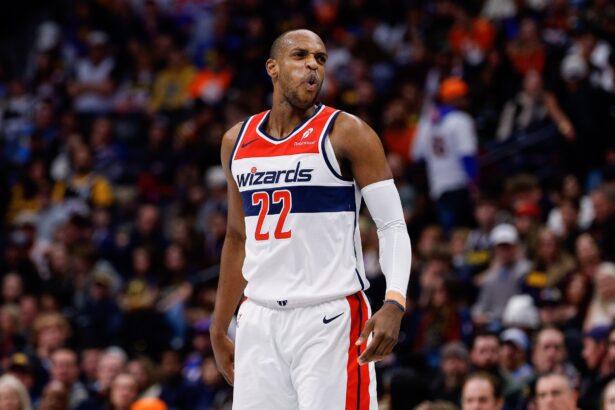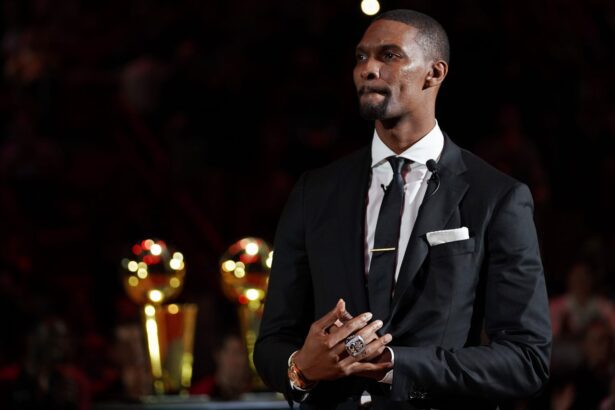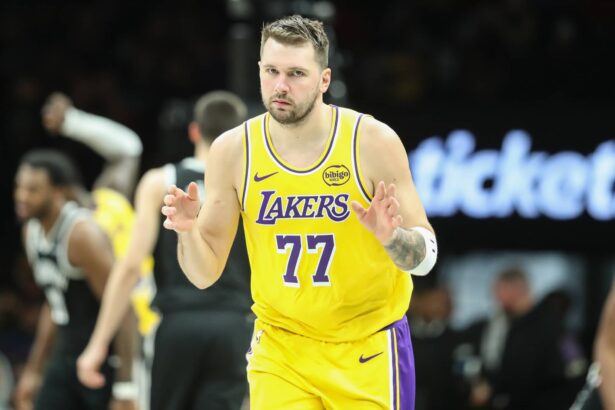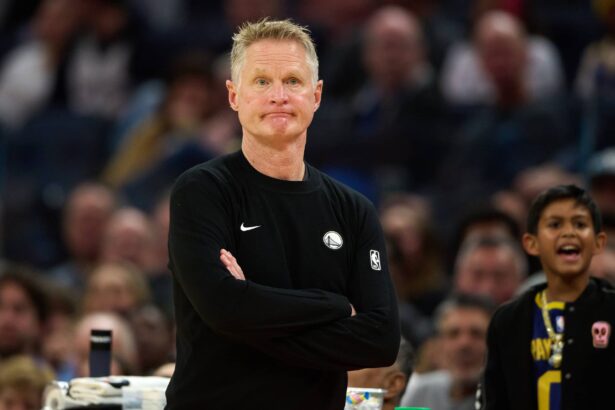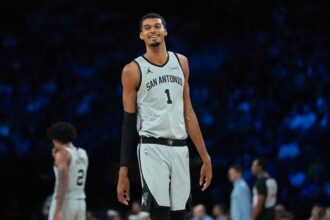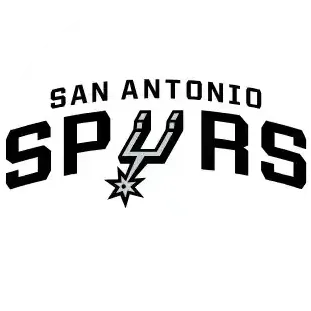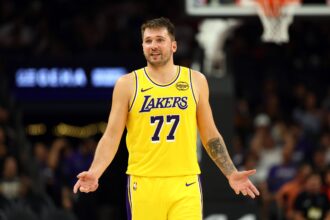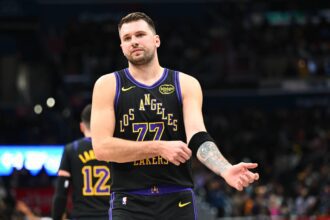Kendrick Perkins continued to slander Rudy Gobert. While partaking in a watch-along of the Timberwolves‘ 117-115 win over the Kings, Perkins slammed Gobert for some weak plays and claimed once again that his defensive numbers in the playoffs were better than Gobert’s and that Kobe Bryant once called him the best post-defender in the NBA.
“That’s the problem with Rudy, that’s what I’ve been talking about. That’s the f**king problem. He does it so gingerly… One thing I do know is; my numbers, in less games, are better than Rudy (Gobert) in the post-season, defensively. I know that much. Pull that up… Go pull up when Kobe [Bryant] said (that) Perk is the best post-defender in the league right now.”
This is not the first time Perkins has made this claim, as he said the same thing in an interview a few months ago. Perkins sincerely believes that he was a much better defender in the playoffs than Rudy Gobert was, even though Gobert is a four-time Defensive Player of the Year.
To test the accuracy of this statement, we can just quickly look at their defensive stats. In his playoff career, Kendrick Perkins averaged 5.9 rebounds, 1.1 blocks, and 0.3 steals, registering an average defensive rating of 104.2. In his best playoff run in 2009, Perkins averaged 11.6 rebounds, 2.6 blocks, and 0.4 steals with a defensive rating of 102.4.
On the other side, Rudy Gobert averages 11.0 rebounds, 1.6 blocks, and 0.7 steals per game, registering an average defensive rating of 110.6 in his playoff career. While Gobert’s stats are better, his defensive rating is worse than Perkins’ career average.
In fact, Gobert registered a better defensive rating than Perkins’ career in just one playoff run, when he was with the Jazz in 2018, where he had a defensive rating of 103.6.
Perkins Had It Much Easier Than Gobert
Even though Perkins’ boasts a better defensive rating, the context and situation of both players must be considered. Gobert has spent much of his career as the defensive stalwart on his respective teams and played big minutes, averaging 33.5 minutes in the playoffs. He was far and away the best defender on his team.
In contrast to this, Perkins was a role player, who played fewer minutes than Gobert, averaging about 23.6 minutes a game. Perkins only averaged more than 30 minutes a game during the 2009 playoffs, averaging 33.6 minutes a game in the absence of Kevin Garnett, who was out injured that year.
On top of that, Perkins played much of his playoff career alongside Kevin Garnett, who was far and away the best defender on the team, and one of the best defenders in the entire NBA during that time, even winning the 2008 Defensive Player of the Year award.
Perkins’ numbers aren’t staggeringly better than Gobert’s, but that could also be because of the difference in playing style in the NBA. More and more teams now ask their players to guard all five positions, something Perkins never had to worry about, but Gobert has.
Rudy Gobert is by no means beyond criticism. His performances and collapses in the playoffs over the last few years have been very disappointing. But criticism has its place and should be done fairly and honestly, which Perkins isn’t doing.
Thank you for being a valued reader of Fadeaway World. If you liked this article, please consider following us on Google News. We really appreciate your support.

